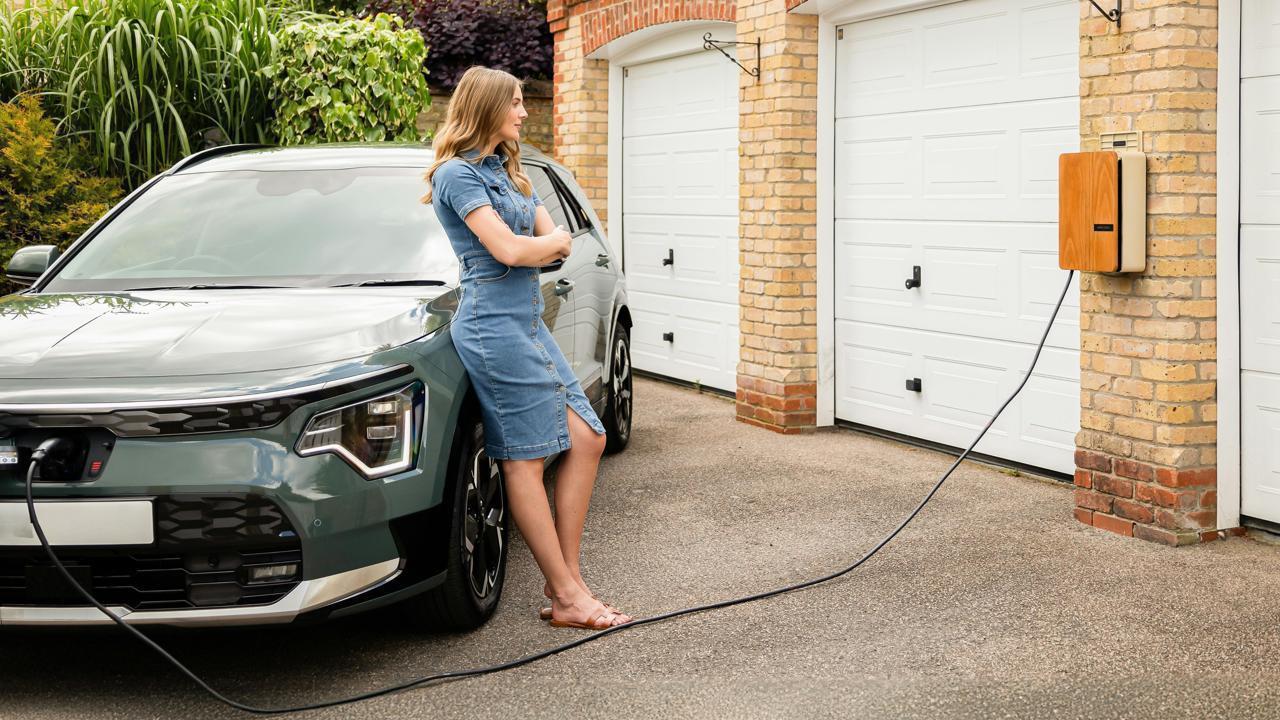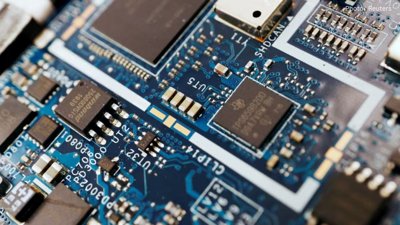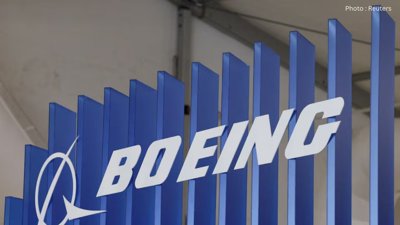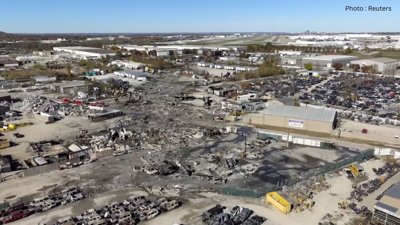
Post by : Amit
US Engineers Announce Groundbreaking EV Battery That Fully Charges in 12 Minutes, Poised to Eliminate Range Anxiety and Transform Global Auto Industry
In a revolutionary development that could transform the future of electric mobility, a team of US engineers has unveiled a new battery technology capable of fully charging an electric vehicle (EV) in just 12 minutes. This game-changing innovation, hailed as the solution that could finally end range anxiety, has the potential to disrupt the global automotive industry overnight, bringing mass EV adoption significantly closer to reality.
The breakthrough, revealed by researchers and engineers at a prominent US energy lab, promises not only ultra-fast charging but also improved battery lifespan, safety, and environmental sustainability.
The Technology: A Quantum Leap in EV Battery Charging
The newly developed battery employs an advanced anode design using silicon-based materials instead of traditional graphite, combined with optimized electrolyte composition and innovative thermal management. These technological upgrades allow the battery to safely accept extremely high currents without overheating or degrading—making the 12-minute full charge not just possible but repeatable and commercially scalable.
According to lead engineers, the breakthrough represents a 10x improvement in charging speed compared to current-generation lithium-ion batteries used in popular EV models such as Tesla, Hyundai, and BYD.
Goodbye Range Anxiety: A New Era for Electric Mobility
One of the most significant barriers to EV adoption worldwide has been range anxiety—the fear of running out of battery power without access to charging infrastructure. With the ability to fully recharge in less time than it takes to grab a coffee, this new technology is poised to eliminate one of the EV market's most persistent hurdles.
Experts believe that such fast-charging capabilities could:
Implications for Automakers and Charging Infrastructure
The disruptive potential of this battery technology extends beyond the vehicle itself. For automakers, the new battery could reshape vehicle design, allowing for smaller battery packs that weigh less but recharge faster—offering better efficiency and cost savings.
For the charging infrastructure industry, this breakthrough could shift the focus from expanding slow-charging networks to installing ultra-fast chargers capable of delivering high power safely and efficiently.
Industry insiders suggest that carmakers including Ford, General Motors, Rivian, and Volkswagen are already in talks with the developers to explore commercial partnerships.
Sustainability and Environmental Impact
Beyond performance, the battery is also being touted for its environmental advantages. The use of silicon anodes, which are more abundant and less environmentally damaging than cobalt or nickel-based alternatives, aligns with global efforts to green the EV supply chain.
Additionally, the new battery technology is said to reduce the carbon footprint associated with manufacturing and end-of-life disposal, offering a more sustainable path to large-scale EV adoption.
Commercial Rollout: Closer Than Expected
Unlike many breakthrough energy technologies that remain in laboratory stages for years, this 12-minute battery is reportedly on a fast track to commercialization. Prototypes have already undergone real-world testing, and several automakers and energy storage companies are evaluating the technology for potential deployment as early as 2027.
Initial mass production is expected to target high-demand markets such as the United States, Europe, and China, with further scale-up planned based on consumer adoption.
From Cost to Manufacturing Scale
While the breakthrough is promising, several challenges remain before this battery can hit the mainstream:
However, the engineers behind the development remain optimistic, noting that as with any new technology, costs are expected to fall rapidly with scale.
Impact on Global Automotive Competition
The timing of this breakthrough is particularly significant as China currently dominates the EV battery market, supplying most of the world’s lithium-ion cells. A successful US-led battery innovation could shift the balance of power in the global EV industry, reducing Western dependence on Chinese battery supply chains.
It could also give US and European automakers a competitive edge in the next generation of electric vehicles, especially as governments tighten emissions regulations and push for greater domestic manufacturing of clean energy technologies.
Potential Beyond Cars: Trucks, Aviation, and Storage
The applications for this ultra-fast-charging battery go far beyond passenger cars. Industries such as:
stand to benefit from the ability to store and deliver energy at unprecedented speed and efficiency. This could open new frontiers in clean transportation, logistics, and renewable energy integration.
A Defining Moment in the Electric Vehicle Revolution
The announcement of this 12-minute EV battery marks a potential turning point in the global shift towards electric mobility. By addressing one of the most significant barriers to adoption—charging time—this breakthrough could accelerate the transition to zero-emission transportation across every major market.
As automakers, governments, and infrastructure providers scramble to adapt, the world could soon witness a future where electric vehicles recharge faster than ever imagined, and where range anxiety is nothing more than a memory of the past.
USA, Ev Charging










Advances in Aerospace Technology and Commercial Aviation Recovery
Insights into breakthrough aerospace technologies and commercial aviation’s recovery amid 2025 chall

Defense Modernization and Strategic Spending Trends
Explore key trends in global defense modernization and strategic military spending shaping 2025 secu

Tens of Thousands Protest in Serbia on Anniversary of Deadly Roof Collapse
Tens of thousands in Novi Sad mark a year since a deadly station roof collapse that killed 16, prote

Canada PM Carney Apologizes to Trump Over Controversial Reagan Anti-Tariff Ad
Canadian PM Mark Carney apologized to President Trump over an Ontario anti-tariff ad quoting Reagan,

The ad that stirred a hornets nest, and made Canadian PM Carney say sorry to Trump
Canadian PM Mark Carney apologizes to US President Trump after a tariff-related ad causes diplomatic

Bengaluru-Mumbai Superfast Train Approved After 30-Year Wait
Railways approves new superfast train connecting Bengaluru and Mumbai, ending a 30-year demand, easi